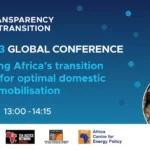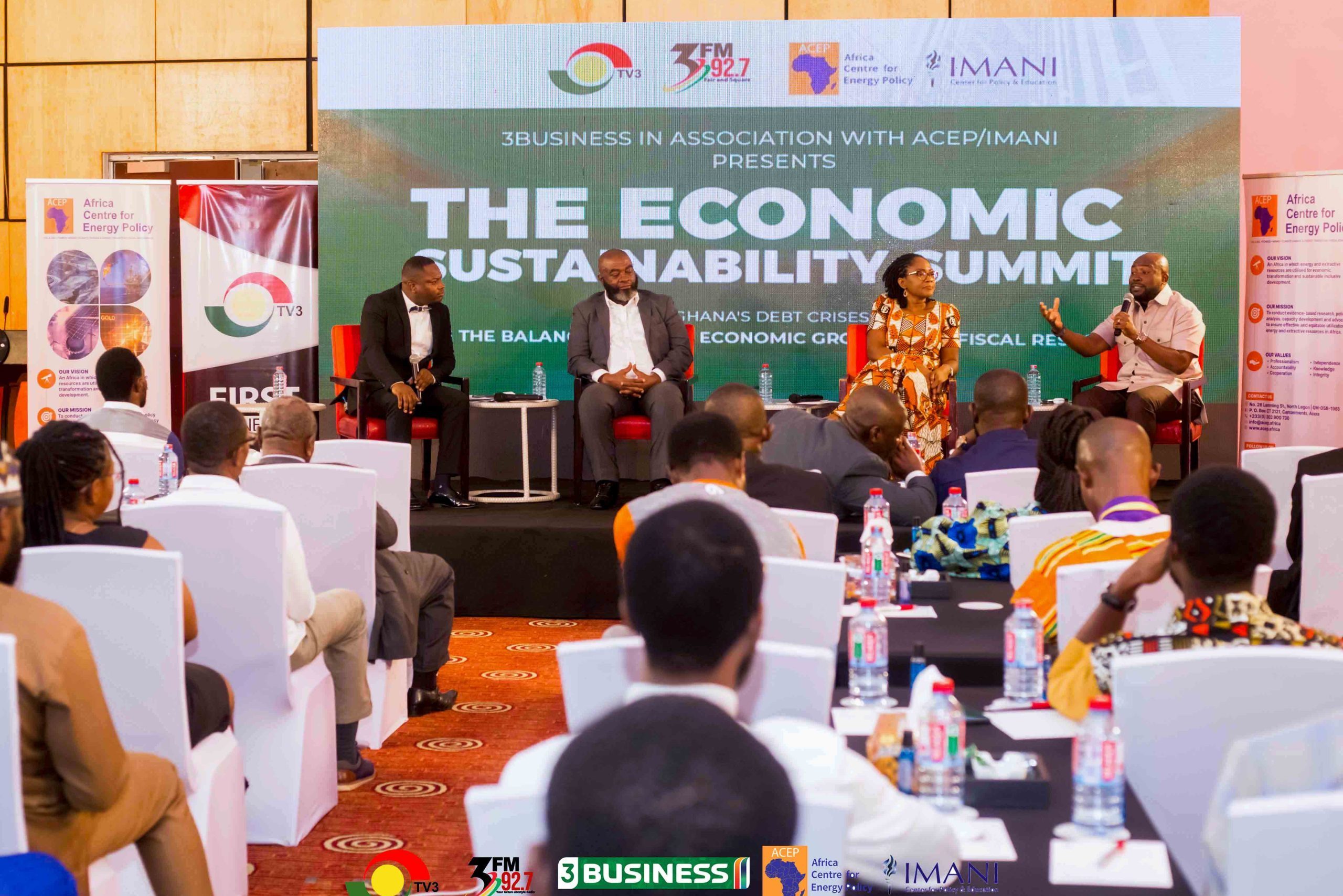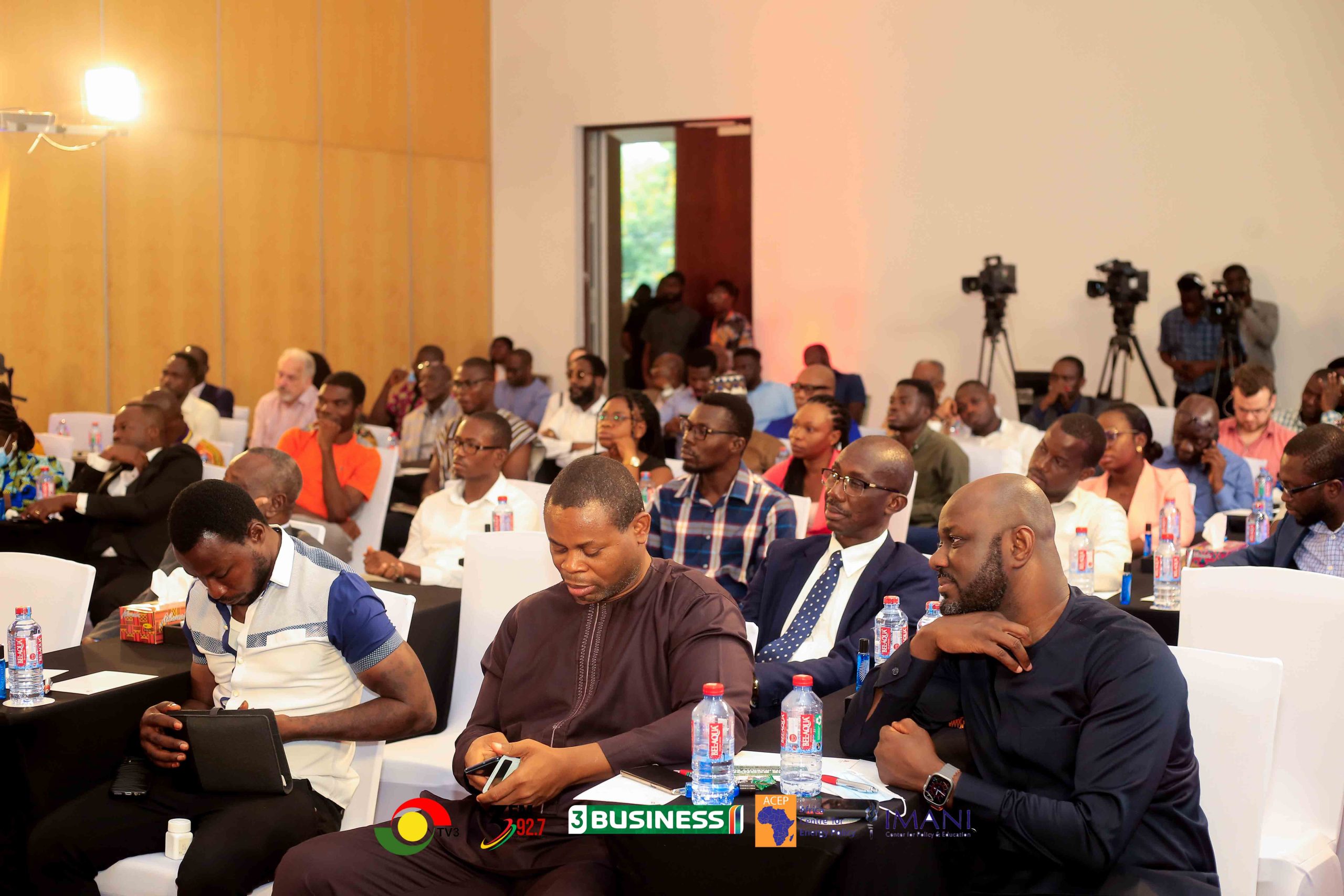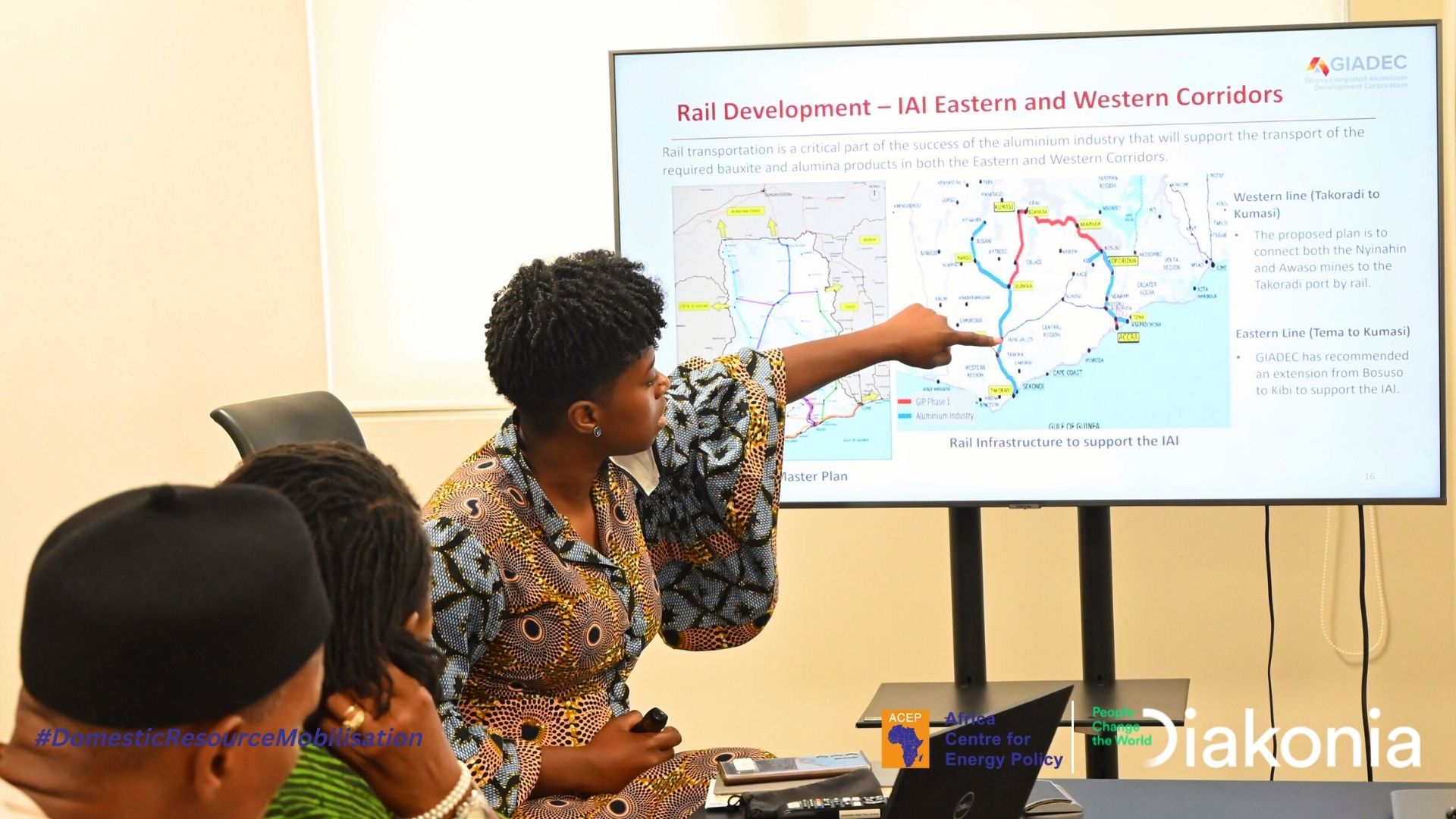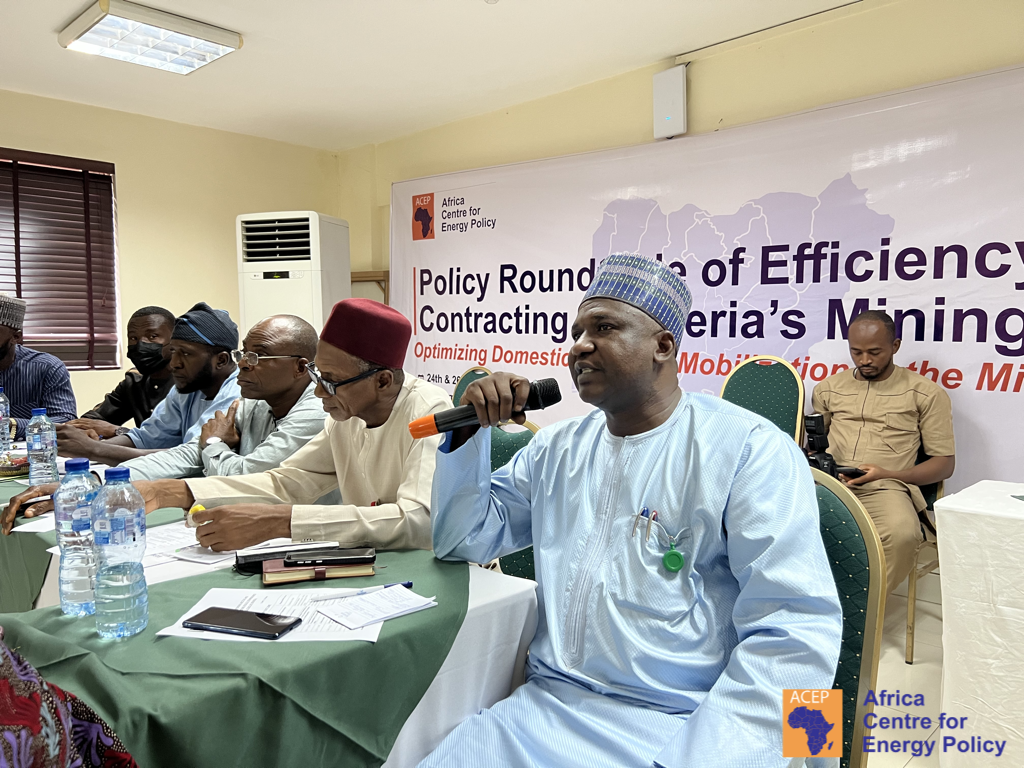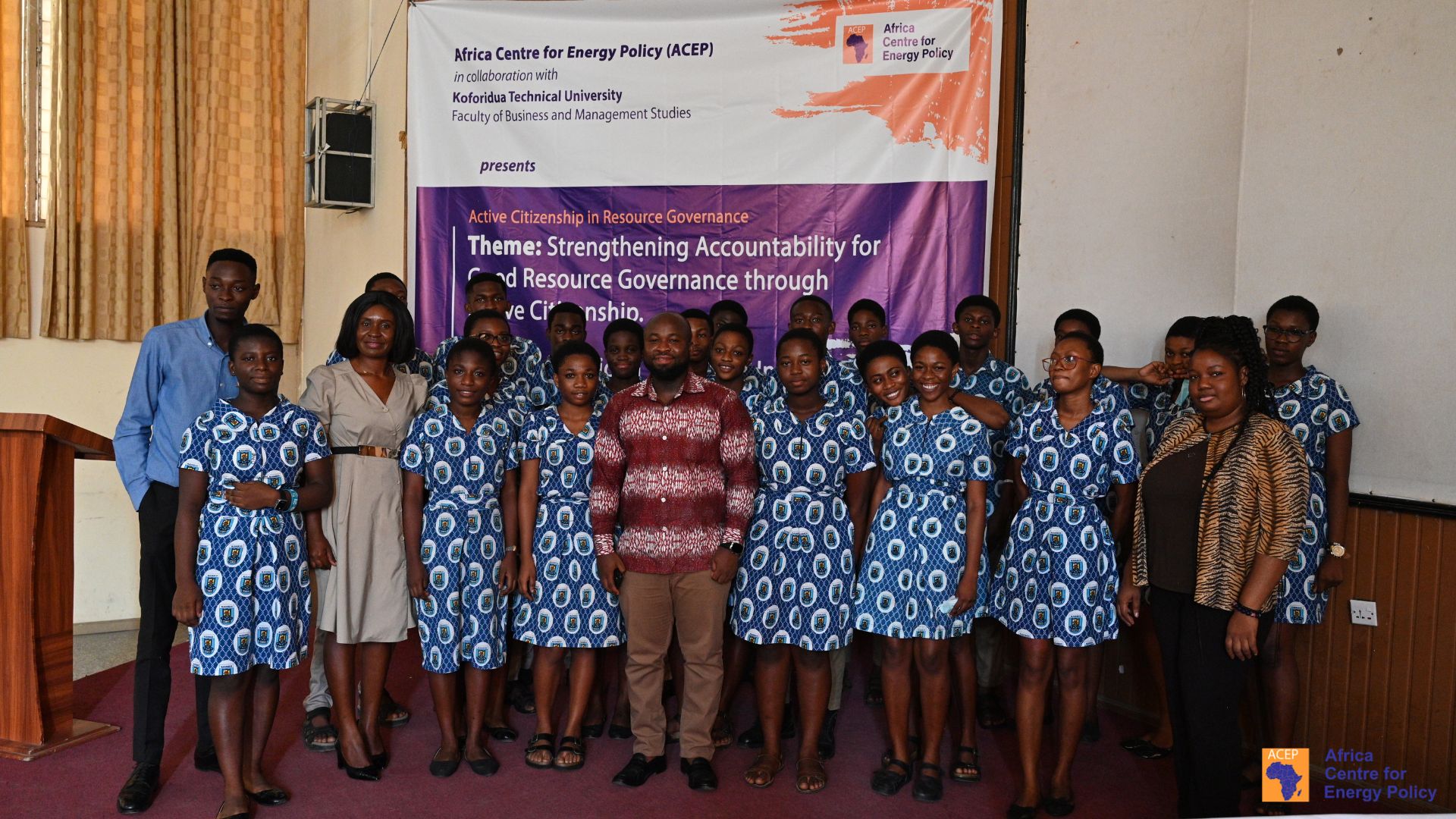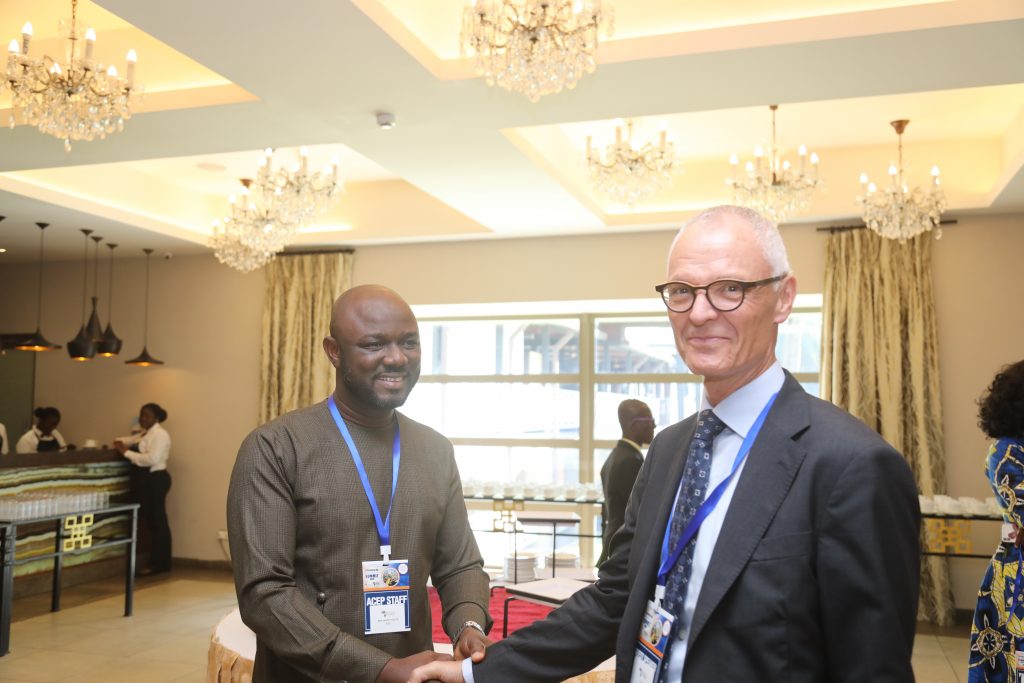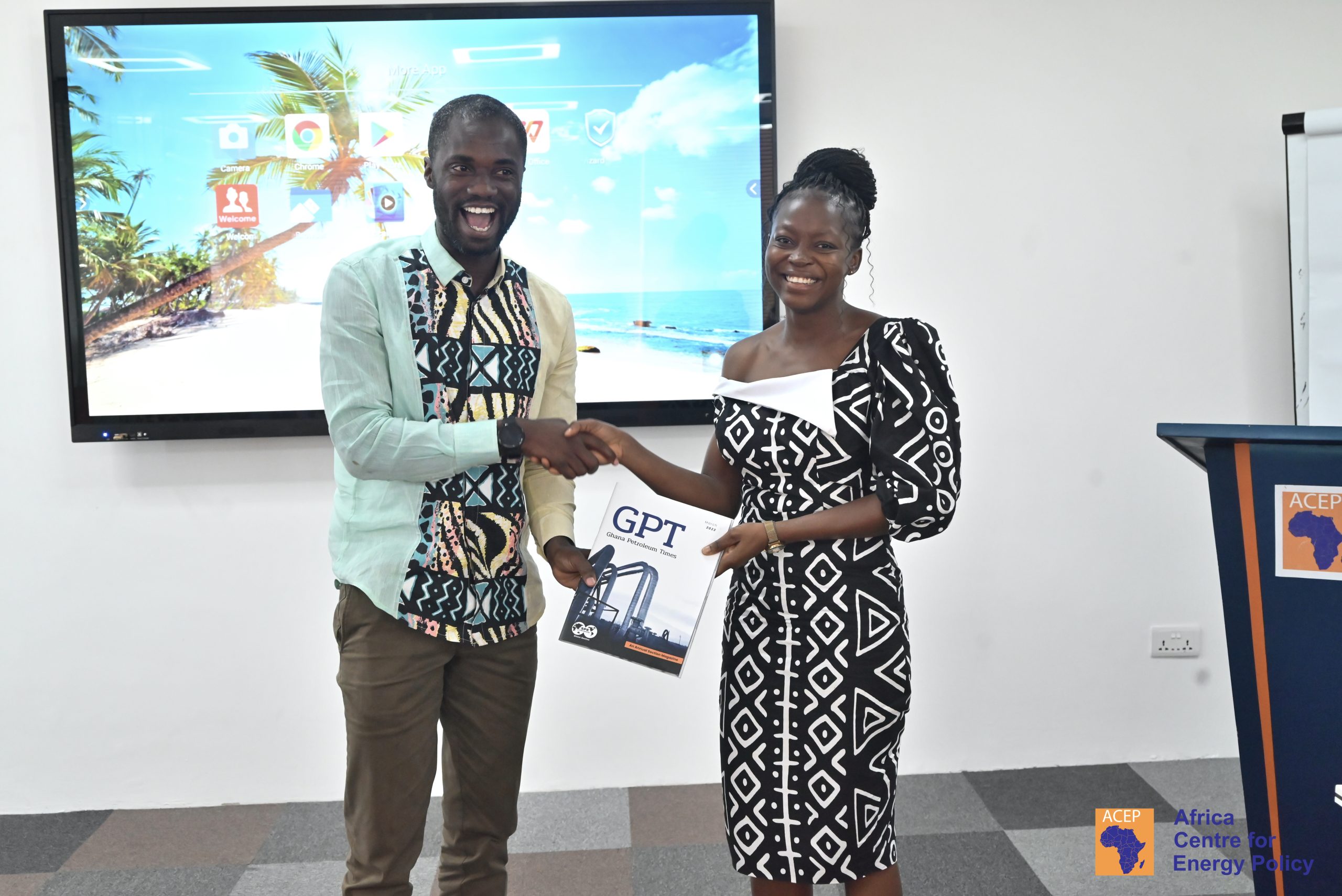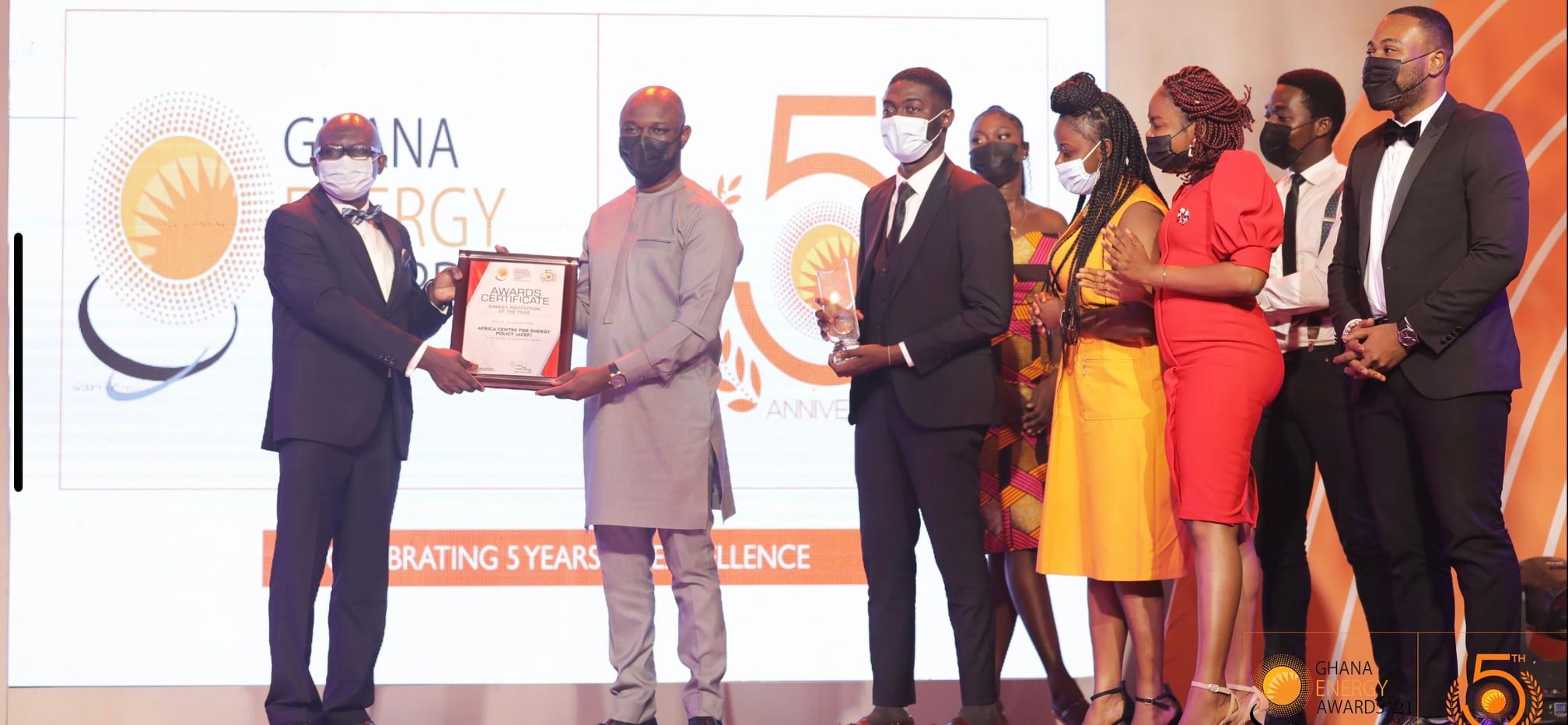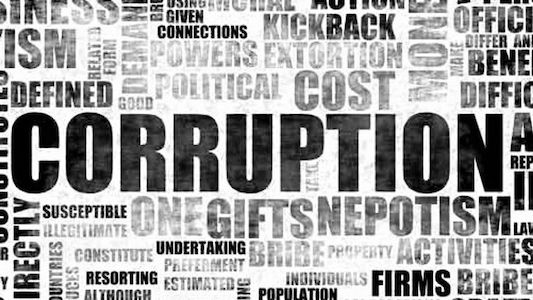
PRESS STATEMENT BY THE ALLIANCE OF CSOs WORKING ON EXTRACTIVES, ANTI-CORRUPTION AND GOOD GOVERNANCE ON URGENT PETROLEUM SECTOR ISSUES
The attention of the CSO coalition has been drawn to two significant developments in the petroleum sector, which require urgent political intervention to promote the interest of the Ghanaian people.
- The recurring controversies surrounding Aker Energy and AGM operations in Ghana.
- The sale of 50% of Jubilee Oil Holding Limited’s (JOHL) interest in the Deepwater Tano block to PetroSA.
The recurring controversies surrounding Aker Energy and AGM operations in Ghana.
Aker Energy (“Aker”) is back in the news, trailed as usual by exhaust fumes of controversy.
It is nearly two years since Aker tried to hoodwink Ghana, through GNPC, into paying $1.65 billion for shares in two offshore petroleum blocks – _the Deep Water Tano/Cape Three Points (DWT/CTP) by Aker Energy and the South Deepwater Tano (SDWT) block operated by AGM Petroleum. Civil Society Organisations (CSOs) in Ghana, committed to accountability in the energy sector, formed a coalition to block the transaction.
The Government and the GNPC adamantly insisted that this was a good deal for the country. Various analysts, consultants, and professors at home and abroad were lined up to circumvent the glaring evidence that, based on available data, the two oil blocks had been ridiculously overpriced.
Parliament was swayed to grant authorisation to the GNPC to spend a maximum of $1.1 billion, money to be borrowed in the name of Ghana, on the blocks. CSOs were, to put it mildly, outraged.
Fast-forward two years later, SDWT has been returned to Ghana for free. The so-called massive find (“Nyankom”) that the GNPC swore it was getting for a bargain is no longer the tantalising prospect it was sold to Parliament.
What about the main block, DWT/CTP, where the more viable field, Pecan, is found? Well, it is now effectively controlled by AFC Equity Investment, a subsidiary of Africa Finance Corporation (AFC), Aker’s main creditor. Aker Norway has more or less defaulted on the loan of $200 million they were given to invest in Pecan and handed over the asset in a face-saving “sale” for $1 (yes, “ONE DOLLAR”). Aker will only recoup some of its earlier investment if AFC succeeds in developing the field to the point where it can produce and sell oil to recoup its investment and make some money.
So, in short, the same blocks that barely two years ago were worth more than half the IMF money this country has sweated blood for nearly a year to secure have either been abandoned or pawned for scraps.
The question likely to be on the mind of the public is: what happened to the $1.1 billion that GNPC was authorised by Parliament to borrow to buy stakes in Nyankom and Pecan? The answer is simple: the Energy Minister, GNPC and the bevvy of bureaucrats at the various state agencies feel that they don’t have to answer to anyone. And nobody can make them talk. So after nearly throwing away $1.6 billion for stuff that Ghana could simply have waited and gotten back for free, the people responsible for such reckless decision-making are still taking strategic decisions for the country and refusing to account for any aspect of their stewardship.
Sadly, the controversies around Aker are far from over. The sale of Aker’s interest to AFC and the subsequent submission of the Plan of Development (PoD) to the Government has raised more questions:
- Even though Aker has sold their interest in Ghana, they are scheming to stay on the Pecan development through surrogates and Ghanaian collaborators across segments of our society to amass ridiculous benefits from the Pecan field development. Aker Energy purchased an FPSO for $35 million. In their Plan of Development submitted to the Government, Aker’s previous owners intend to bill Ghana $1.7 billion for the FPSO. We admit that the energy ministry has raised a preliminary objection to the cost of the FPSO. But there is no proposal on how much the Ministry considers fair value for the FPSO. Newly constructed FPSOs, which are normally converted oil tankers with a few years of operational history, typically cost between $700-1.2 billion to build over a 2-3 year timespan, So why are the developers opting to charge Ghana a hefty sum of $1.7bn for more or less ‘scrap metal’ when the book value of the FPSO is significantly less than that? For example, the FPSO project for Guyana’s Yellowtail project costs US$1.75 billion, according to SBM Offshore (the EPC company). The FPSO will be designed to produce approximately 250,000 barrels of oil per day, will have associated gas treatment capacity of 450 million cubic feet per day and water injection capacity of 300,000 barrels per day. The FPSO will be spread moored in water depth of about 1,800 meters and will be able to store around 2 million barrels of crude oil. Ghana’s Aker FPSO is nowhere near these technical specifications.
- Originally, a tanker called S.T. Polar Alaska, manufactured 36 years ago, was converted into an FPSO 14 years ago. Typically, FPSOs have an average payback period of 5-7 years, varying based on size and configuration. The lease period for rented options is commonly ten years. Technocrats have expressed concerns about the FPSO’s age and have recommended caution, but there is political pressure to proceed with the deal. We are monitoring this keenly and demand transparency on the judgment of the Ministry before the approval is granted.
The CSOs’ campaign is a reminder of the importance of holding governments accountable and ensuring that the interests of the people are protected. It is also a reminder that value for money should always be a key consideration when making decisions about public resources.
The sale of 50% of Jubilee Oil Holding Limited’s (JOHL) interest in the Deepwater Tano block to PetroSA
The public may recall GNPC’s acquisition of a 7% stake in the sale of Anadarko’s interest in the Jubilee and TEN fields in 2021. For 2022 alone, the interest of JOHL raked in some $290 million, according to the 2022 PIAC annual report, even though the amount was not lodged in the Petroleum Holding Fund (PHF). Total payments for cash calls (including fields in which Explorco holds an interest) amounted to $83 million leaving a gross margin of $207 million for GNPC/JOHL. These are assured risk-free revenues that should have accrued to the PHF.
Despite the revenue potential of this interest to the State, GNPC has initiated steps to sell 50 per cent of JOHL of the national asset held in the Cayman Islands to PetroSA in a BIZARRE circumstance two years after Anadarko sold the asset to GNPC. GNPC has already agreed to a pre-emption claim of PetroSA though the Minister of Energy has written to the Corporation and the President to oppose the transaction. Given that $290 million has already accrued to JOHL, the purchase of 50% imply that PetroSA would receive a percentage of the accrued benefits net of the purchase price and other costs and meaning that PetroSA may not have to pay anything for interest. We are actively monitoring the sharp political tussle for and against the sale of the asset. This situation was always possible when the Government decided to domicile Ghana’s asset in a tax haven and refused persistent calls to bring back the asset to Ghana.
In the meantime, we wish to state emphatically that the pre-emption claims are illegal, and those contemplating it have interests at variance with that of the State. It is unjustifiable for PetroSA to pre-empt the State’s interest without any legal basis in the Petroleum (Exploration and Production) Law and the applicable Petroleum Agreement. Therefore, for the Board Chairman and the CEO to have concocted a justification for the pre-emption, their continuous stay in office, close to any petroleum asset, poses significant risks to Ghana’s interest in all petroleum operations.
We are concerned that the two Directors of JOHL have supervised the secrecy around the Company and have made no attempt to account for its revenues and expenditures. They have shown no interest and have woefully failed to operationalise any corporate governance structures, including appointing a Managing Director or a functional Board for JOHL. Furthermore, they have made no attempt to transfer the interest of JOHL to Explorco or GNPC, as originally stated in GNPC’s statement announcing the transaction.
Our demands
- We demand complete information on the AFC transaction and the actual amount that would constitute petroleum cost. We further demand a full audit of the expenditure of the $200 million deemed recoverable at the start of production.
- We also demand the position of GNPC on the Aker and AFC transaction, particularly explaining why they did not pre-empt the sale of the asset for an upfront payment of $1, which they were willing to pay $1.3 billion upfront, which Parliament reduced to $1.1 billion in 2021.
- We demand a disclosure of the justification to use a 14-year-old FPSO in a field with a minimum production period of 25 years.
- We request the Norwegian Government to take particular interest in the behaviour of Aker in Ghana to forestall the negative image for a country that hosts a global transparency initiative, the EITI.
- We demand the immediate removal of GNPC’s CEO, Opoku Ahweneeh Danquah and the Board Chairman, Freddie W. Blay, from their respective positions as they have become a threat to Ghana’s interest in the petroleum sector.
- Additionally, we demand the immediate transfer of JOHL and all its assets from Cayman Island and other jurisdictions to GNPC.
- We demand immediate disclosure of the Aker PoD from the Petroleum Commission and the Government.
To conclude, we firmly believe that a country micromanaged by the IMF cannot be seen to engage in fiscal recklessness that undermines its recovery. In these difficult times, the nation needs prudent management of its resources to derive the fullest benefits and bring relief to the suffering masses. Furthermore, we encourage citizens to demand accountability on the petroleum sector to ensure that our natural resources benefit the citizenry.
Member Organisations:
- Africa Centre for Energy Policy (ACEP)
- Integrated Social Development Centre (ISODEC)
- National Coalition on Mining (NCOM)
- IMANI Centre for Policy and Education
- Institute for Democratic Governance (IDEG)
- Centre for Extractives and Development Africa (CEDA)
- Civil Society Platform on Oil and Gas (CSPOG)
- Public Interest and Accountability Committee (PIAC)
- CSOs Open Licensing Monitoring Group
- Ghana Anti-Corruption Coalition (GACC)
- Centre for Democratic Development (CDD)
- Natural Resource Governance Institute (NRGI)
- Chamber of Petroleum Consumers Ghana (COPEC)
- Citizens Movement Against Corruption (CMAC)
- TWN-Africa
- Oil Watch Ghana
- Penplusbytes
- Publish What You Pay Ghana (PWYP)
- The People’s Project (TPP)
- Women Aspire
- Centre for Social Impact Studies, Obuasi
- Friends of the Nation, Takoradi
- TAMA Foundation
- Ghana Integrity Initiative (GII)
- Centre for Public Interest Law (CEPIL)
- ACT Africa
- Economic Governance Platform
- Citizen Aid Africa
- KASA Initiative
- iWatch Africa
- Revenue Mobilization Africa
- Institute for Energy Policies and Research (INSTEPR)

